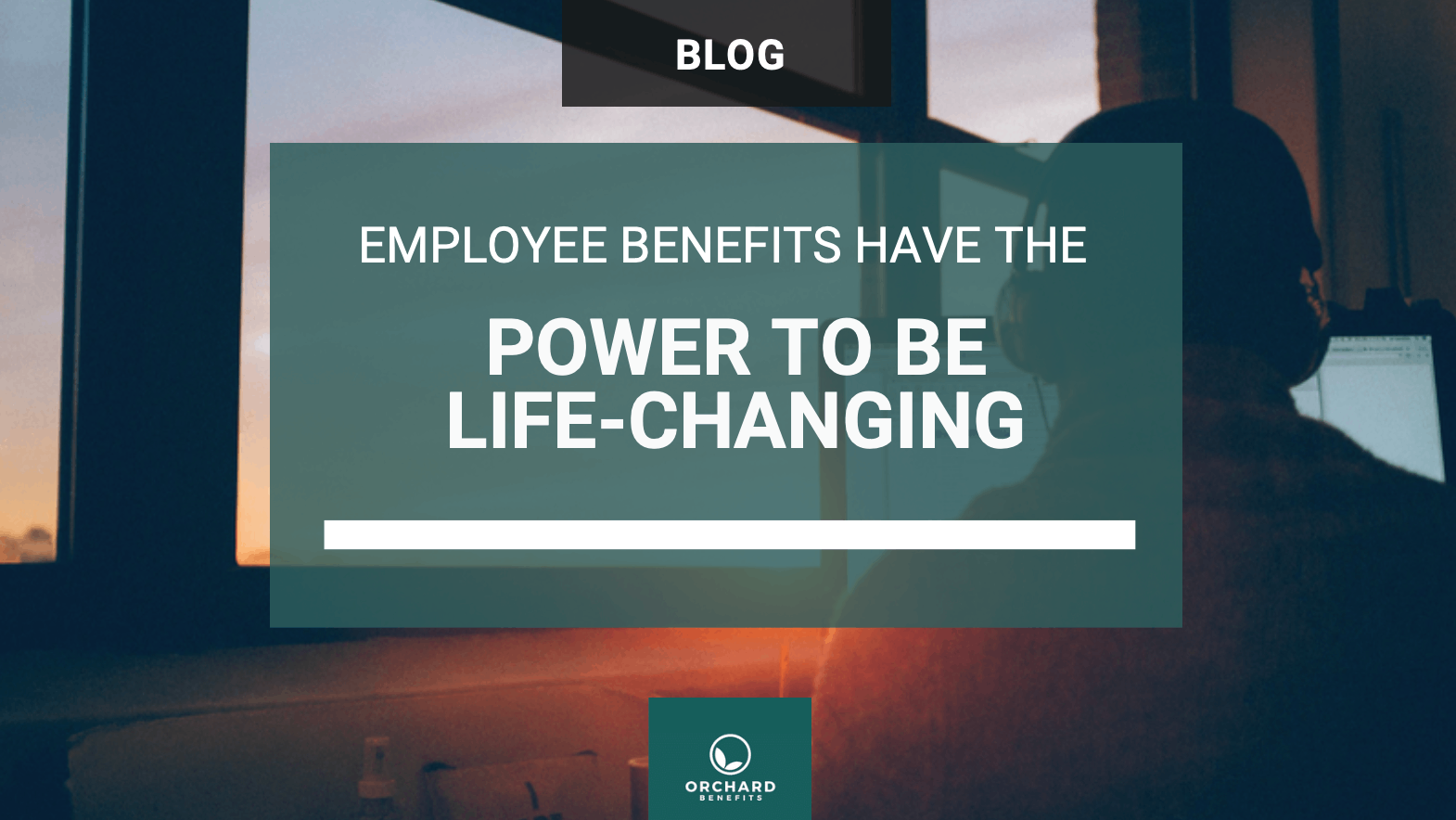It took a global pandemic to completely upended the way we live and worked. And while the residual effects will likely linger for years to come in so many facets of our lives, there are several lessons learned during this crisis that we need to listen to now. One of them be the art of building a solid organizational culture, and how it starts with emphasizing employee well-being, offering substantial family caregiving support, greater flexibility, and robust mental health programs.
It’s time we use this opportunity to revise benefit strategies to better care for employees and their families – otherwise, we did little to learn from this past year and a half.
Treating a remote workforce fairly
“The pandemic has forced employers to act. They realize that care benefits are essential to employees’ productivity and success at work.” – HBR
Decentralized workforces will be on the rise. To attract and retain the employees who value a hybrid model of working will take a hybrid model to accommodate and support them truly. This means offering flexible child care benefits, paid memberships to online platforms for finding and managing family care, and offering benefit care packages that enable them to live and work from anywhere. In addition, reimbursing employees for home office necessities such as laptops or tablets, desks, chairs, and upgraded internet will usher in a new wave of employee benefits that can make an immediate impact.
It means supporting the way they life, so they can be at their best when it’s time to work. Respecting boundaries and personal time, and not treating them any differently than team members that feel more comfortable working in the office.
But it isn’t just limited to that, according to LifeWorks Inc.’s latest mental-health index, companies that have vague return-to-work plans are impacting Canadian workers’ mental health. This isn’t something that can be rolled out quickly. Workers need clearer communication on office reopening plans to feel comfortable that their workplace has a sound strategy to support them.
Canadians are desperate for mental-health support
It might take years to undo all the damage to our mental health. Isolation, quarantines, and limited social connectivity have led to increased rates of stress, anxiety, and depression in Canadians, and the aftermath of this is difficult to quantify.
Many employers are revisiting the mental-health programs offered to their employees and dependents to make sure it’s properly-suited to their needs and ensure there aren’t limitations when it comes to mental health and psychiatric support.
Hootsuite Inc. supported their employees mental health by giving workers more time off this summer. Twitter Inc. adapted its fitness reimbursement benefit to provide employees with a $1,200 lump-sum reimbursement for equipment and online yoga classes.
With numerous options for employers to help keep a healthy workforce, such as offering subscriptions to online fitness classes, cooking lessons, mindfulness apps, financial literacy support, and coverage for prescription drugs, the options are endless to build a mental health support system that actually works.
Why flexibility will be the difference-maker
Half of Canadians will leave a job if flexibility isn’t extended post-pandemic. According to a new survey, 54% of Canadian employees said they’d leave their employer if current flexibility in schedule and work location isn’t extended post-coronavirus pandemic. However, 67% of respondents also said they’d still prefer to control where and when they work.
Employees have embraced the newfound flexibility and are just as productive working from home. It shouldn’t have to be one or the other. ‘Flexibility’ is the deciding factor moving forward from here.
Accenture produced a study that said 61% of Canadian employees said they prefer a hybrid or remote working arrangement. However, the survey also pointed to the fact they while the majority felt they were thriving in a hybrid model, they felt they were feeling more fatigue than their global peers.
People are burnt out – and they are quitting at record numbers
Many workplace cultures are creating burnout.
It became undeniably true throughout all stages of the pandemic – and now we see the aftermath of what burnout looks like. One survey finds that one in four workers plan to quit their job after the pandemic. People are not robots. They need help and a support system to be able to operate to their fullest potential. And now they are prioritizing the needs of their mental health above the needs of their employer.
Flexibility will be a crucial component to every benefits strategy moving forward. Flexible working hours for caregivers who have aging parents and little ones to take care of. Flexibility with paid time off and the ability to bank vacation days where they wouldn’t expire. Flexibility with where in the world they work, just as long as they can continue to produce value.
All the vanity perks that looked good on the outside but did little on the inside are finally being cast aside for benefits plans that support the health and well-being to the modern worker and their families.






 Toronto, ON, Canada
Toronto, ON, Canada




